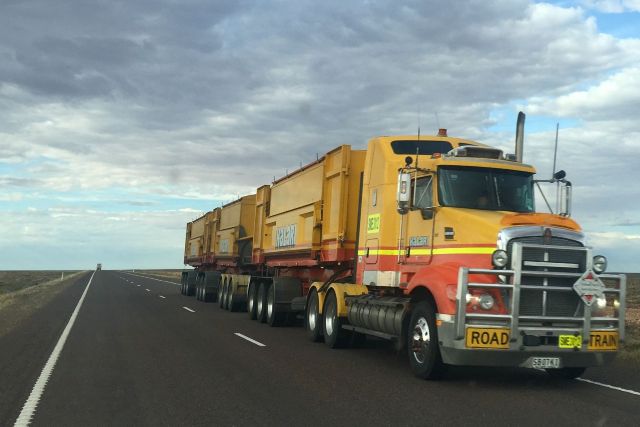Why Is Overloading Dangerous?
Overloading a truck doesn’t just jeopardize the immediate vehicle; it can have severe implications for public safety and road infrastructure. Each truck component faces additional strain, often resulting in accidents or costly damages.
Impact on Vehicle Handling and Braking Distance
When we overload a large truck, its handling and braking abilities are significantly compromised. An overweight truck struggles to halt in time, increasing collision risks. The excess weight causes the vehicle to sway, making steering difficult. This reduced stability can lead to tragic outcomes during emergency maneuvers.
Too many accidents have been linked to these factors in Missouri. Between 2018 and 2022, fatalities involving commercial motor vehicles (CMVs) in Missouri increased slightly, from 1.33 to 1.34 per 100 million CMV miles traveled, according to the Missouri Department of Transportation (MoDOT). In 2022, Missouri saw six more CMV-related fatalities compared to 2021, with the fatality rate rising to 1.34 from 1.28 in 2021.
Although this data does not directly blame overloading for these fatalities, it highlights the need to address all potential risks in CMV operations, including compliance with vehicle weight limits. Overloading can make it harder to control a vehicle, especially during braking or tight turns, which increases the likelihood of accidents.
Increased Risk of Mechanical Failures
Overloading trucks puts excessive strain on critical components like tires, brakes, and suspension systems, increasing the risk of mechanical failures and accidents. Industry studies and federal safety guidelines highlight these dangers:
- Tires: Excess weight causes tires to overheat, increasing the risk of blowouts, especially on long trips. The NHTSA identifies tire failures as a leading cause of truck accidents, often linked to overloading and poor maintenance.
- Brakes: Overloaded trucks wear out braking systems faster, reducing stopping power and increasing braking distances. FMCSA data shows brake issues contribute to 29% of truck crashes, with overloading as a significant factor.
- Suspension: Extra weight strains suspension systems, reducing stability and control, especially during sudden maneuvers or rough terrain.
Such failures can be catastrophic, causing accidents with potential fatalities or severe injuries, often leaving the trucker and others at significant risk. Hence, following FMCSA weight and cargo regulations prevents vehicle damage and improves road safety for everyone. Compliance is essential to reduce these risks.
Road Infrastructure Damage
Overloaded trucks impact vehicles and damage our roads and bridges, which aren’t built for such stress. This added stress can lead to costly repairs, ultimately burdening our economy. For example, overloaded vehicles significantly increase the risk of pavement damage compared to vehicles within legal weight limits. Research shows that a 1% rise in overweight trucks can reduce pavement lifespan by 1.8%.
The financial implications extend beyond repairs; public funds often cover these expenses. Moreover, infrastructure damage poses safety threats, making it critical that trucks adhere to weight regulations. By ensuring that vehicles remain within safe load limits, we protect our roads and, more importantly, those traveling on them.














